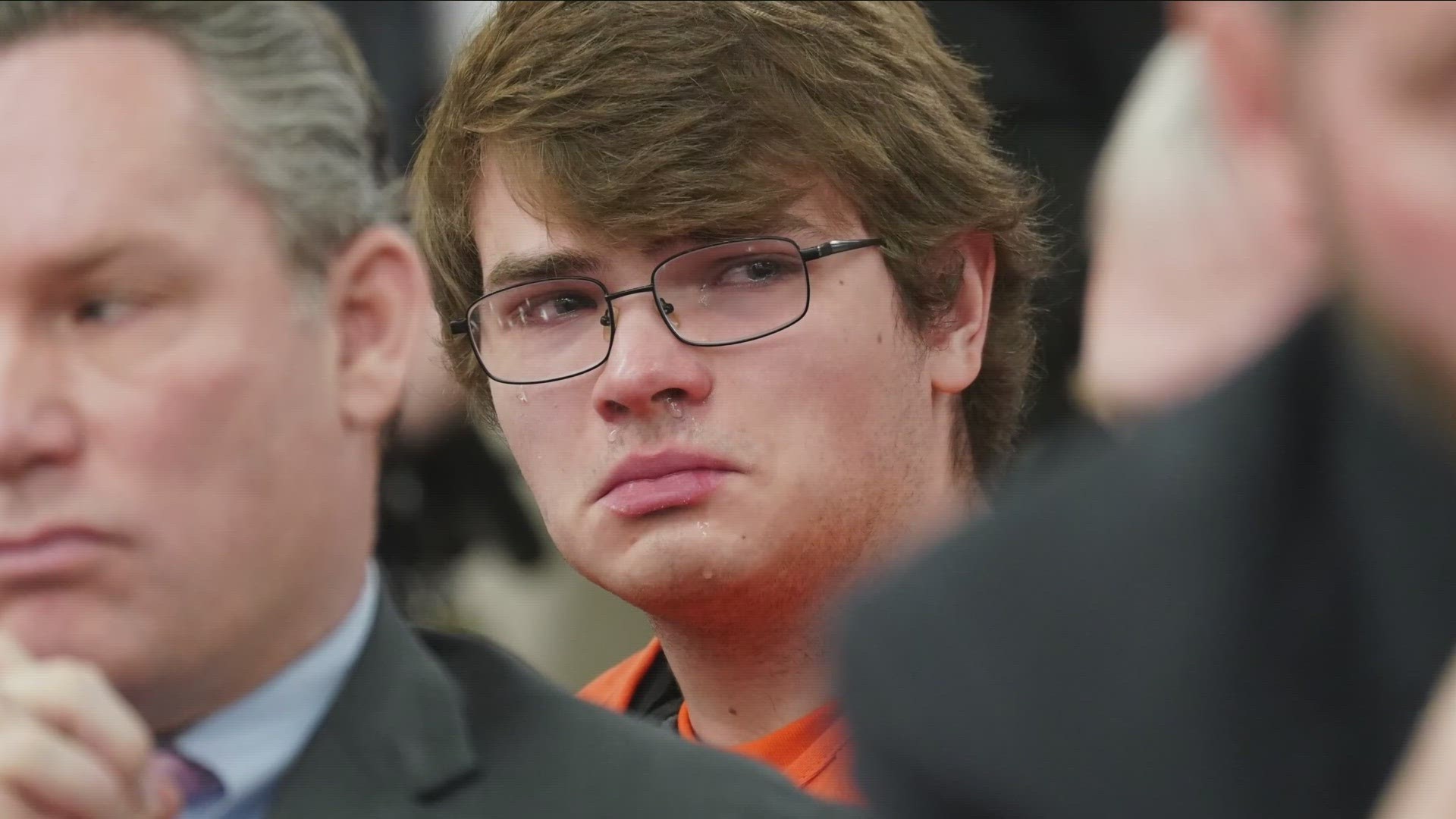BUFFALO, N.Y. — Recent events in mass shooting cases here in Buffalo and Pittsburgh have put the discussion over the federal death penalty back in the spotlight.
2 On Your Side spoke with a legal expert who is a former federal prosecutor, criminal defense attorney, and law school professor for his perspectives and any similarities and contrasts in these high profile cases.
A Buffalo supermarket in 2022. A Pittsburgh synagogue in 2018.
A deliberate, planned attack against Black people.
A deliberate planned attack against Jewish people.
Ten Mostly elderly deceased victims.
Eleven elderly deceased victims.
Those are the similar factors in the 2022 Tops Market shooting case involving Payton Gendron and the 2018 Tree of Life Synagogue case involving Robert Bowers.
In Buffalo, family members are still struggling over what they want to see for Justice. Tamika Harper, who is the niece of Geraldine Talley, told reporters last year, "I'm a very Christian person. I believe in God, and I don't wish death on anyone. But this right here, I have some work on that because I would rather see him dead. I would rather see him dead."
Others like Zeneta Everhart, who is the mother of Zaire Goodman, who was wounded in the shooting, has said, "I believe in the preservation of human life. But I also trust the prosecutors. I trust the U.S. Attorney General. If that is the direction that he thinks we need to go in this case, then that's where we're going to go."
So Thursday in Pittsburgh. a federal judge sentenced Robert Bowers to death. One relative of a victim told reporters, "They came to the proper decision in my opinion."
This occurred even as public defenders in Buffalo representing Payton Gendron prepare to plead for his life in a Sept. 18 meeting with federal prosecutors and top justice department officials.
Attorney General Merrick Garland must ultimately decide if prosecutors will pursue the death penalty despite the Biden Administration's moratorium on it.
Professor Bruce Antkowiak is a former federal prosecutor, defense attorney, and past member of the Duquesne University School of Law.
"Those moratoriums do not repeal the death penalty," Antkowiak said. "The death penalty is still very much on the books. It is still very much an option for prosecutors, and if there is a new administration, that can change overnight."
He added regarding the upcoming DOJ conference, "There's no reason to hold that meeting unless there is an active discussion about whether the death penalty should be sought within the federal system."
Antkowiak, who now runs a criminology program with St. Vincent's College, notes the terrifying connections between the 50-year-old Bowers and the 19-year-old, Gendron who actually wrote Bowers' name on the stock of the AR-15 rifle he used on 5/14.
And Antkowiak notes that issue of age might be a legal reason to spare Gendron's life due to previous Justice Department decisions.
"Psychological information and data indicates that individuals do not fully form their brains, they're not fully mature until much later in their 20s, and the possibility of reformation of an individual, even if they committed a horrendous crime," Antkowiak said.
Then the issue of remorse. Gendron spoke in state court in February, "I am very sorry for all the pain I forced the victims and their families to suffer through. I'm very sorry for stealing the lives of your loved ones."
Antkowiak said, "He apparently exhibited a considerable degree of remorse at his guilty plea, and in Bowers' case there was none."
Then finally, could the Justice Department seek to send a message with another death eligible case for mass killer Gendron?
"They might think twice if they knew that there was a serious result on the part of prosecutors to seek the ultimate penalty if such a thing occurred," Antkowiak said. "That might in fact be something that people in Justice Department have to weigh up in their ultimate decision on this matter."
But Antkowiak also finally notes that it has been difficult to prove or disprove if the death penalty is a real deterrent.

